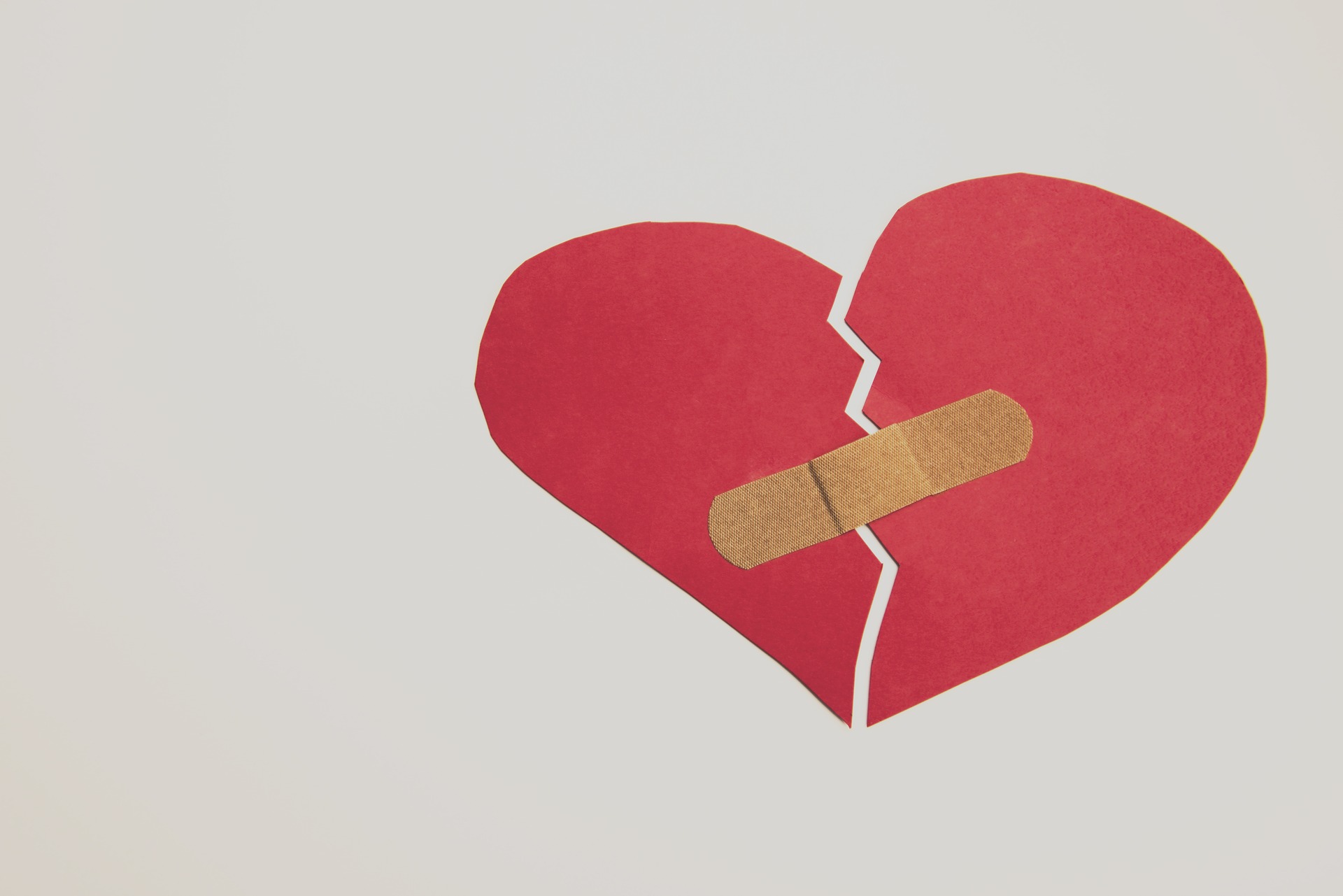
If you’ve ever been to therapy, you probably know it’s not all sunshine and rainbows. Sure, there are many sessions that are productive and very positive. But oftentimes there are sessions that are painful, raw, and emotional. Today I’m going to focus on those sessions, why they occur, and what to do if you experience one.
If you’ve never been to therapy but are contemplating it, I want to be honest with you: Sometimes therapy sucks. That’s just the plain truth. That is not meant to discourage you in any way from starting, but rather to give you a realistic view of what to expect. My hope is that you will understand that the investment is yourself is worth any negative emotions you may experience.
Therapy High
It’s not unusual for clients to experience a “high” after the first one or two therapy sessions. Why is this? I believe it can occur for a handful of reasons. If you’ve been barely holding it together for a while and you can finally share with another person, sometimes it can be freeing. It’s like a weight is lifted off of your shoulders. Sometimes it’s because you finally get your feelings validated. Maybe you’ve felt unhealthy for a while and your therapist points out that you are actually surrounded by toxicity or unhealthy people. It could be because you’ve quickly learned something about yourself that helps you navigate life easier. Maybe you feel encouraged because your therapist has given you some hope.
Whatever the reason, it’s easy to get excited about therapy when you’ve experienced the high. You look forward to your sessions and you want to share with those around you what you have learned. While this is wonderful, sometimes it establishes a false expectation for every therapy session. Not every session is going to be an A+ session. In fact, there may come a time when your sessions dramatically become hard and painful.
When Therapy is Hard
If you’ve been to therapy, have you ever had a session that took a sudden turn? Did you end up talking about something you hadn’t planned on talking about that day? Maybe your therapist brought up something painful that you had been avoiding. Maybe you ripped the Band-Aid off of a wound and all the feelings came hemorrhaging out.
Let’s just be honest: sometimes therapy can be really, really painful. Sometimes you may leave a session and actually feel worse. Sometimes therapy is going to make you feel pretty awful for a while. This is actually very normal! So why does this happen?
As a therapist, I am trained to see things that people don’t see themselves through their own lens. That means part of my job is to point out maladaptive patterns of behavior, unhealthy choices, and toxic people that may be a part of my clients’ lives. Sometimes this means suggesting that my clients set boundaries, walk away from relationships, or delve into really painful memories that they would rather ignore and stuff. This can also mean recalling painful emotions, like grief, hurt, betrayal, and shame.
I obviously do not enjoy making my clients feel pain. But I also understand the long-term gain that can occur from processing trauma, strong emotions, and painful memories. I always remind my clients that they didn’t get here overnight, so they cannot expect all their problems to be better overnight. It takes time, energy, and lots of work.
Why You Need to Stick with Therapy
It’s not unusual for the following situation to occur in therapy: My client and I have a very positive first 5 sessions. During the 6th session, we delve into something painful. My client is emotional during the session as they recall the difficult thing we are processing. I try to encourage my client that it may get worse before it gets better. I let them know that they may experience waves of grief, sadness, and anger over the next week. My client leaves, emails me a day later, and cancels their next session. They never reschedule.
Of course, there are many reasons why the client may not return to therapy. Sometimes I am not the best fit for them. Maybe it’s a financial issue, or they don’t feel they can commit the time necessary. I understand that these are all valid reasons.
But sometimes they never return because I hit a nerve. Sometimes the client is not ready to process that particular hurt. Maybe the pain is so real, and they would rather avoid. And instead of sticking with it, and trusting the process, they walk away.
If you experience a rough patch in therapy, stick with it! It will get better. Your therapist can give you the support and tools you need in order to work through the issue. Make sure you let them know if you are struggling in between sessions. Remember that going to therapy is about the long-term gain, and being the healthiest version of yourself that you can be.
Other Ways to Get Through a Rough Patch
In addition to seeking your therapist’s help, there are other skills you can utilize when therapy is hard. Make sure you are sharing with your support system how you are doing and what you need. Meet a friend for coffee, or talk to a trusted family member about the things you are working through.
Make sure you are doing things that are healthy for you, such as doing self-care and utilizing coping mechanisms. Journaling, exercising, yoga, praying/meditating, and going for a walk are all good self-care skills. Do some guided meditation, or progressive muscle relaxation exercises to help calm your body and your emotions. Read a good book or go for a hike outside in nature.
Sometimes therapy is going to suck. It’s going to be painful and hard. But not dealing with your problems and ignoring them also sucks, and can create bigger problems down the road. Take the time and work through the hard things. My hope is that you can find healing and peace on your journey.
Written by Christy Fogg, MSW, LCSW
*Christy Fogg, MSW, LCSW is a licensed therapist at Journey to Joy Counseling in Carmel, Indiana. Christy enjoys doing marriage/couples counseling, individual counseling, premarital counseling. She also provides family counseling, teen and adolescent counseling.



